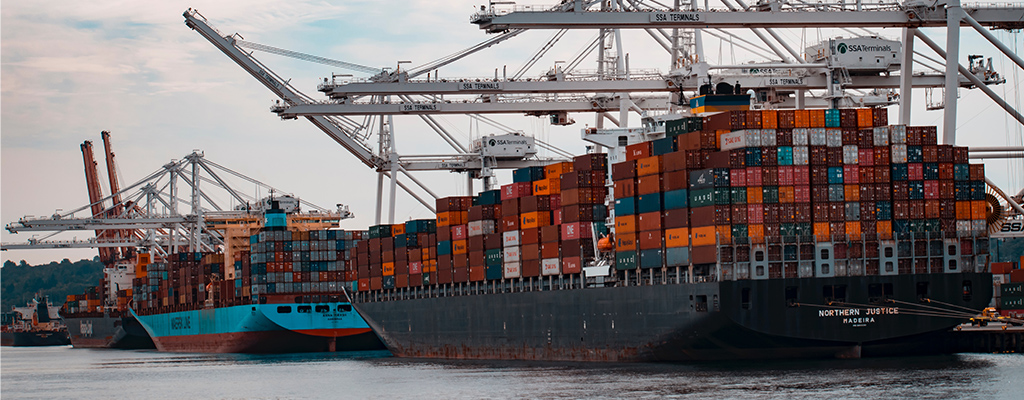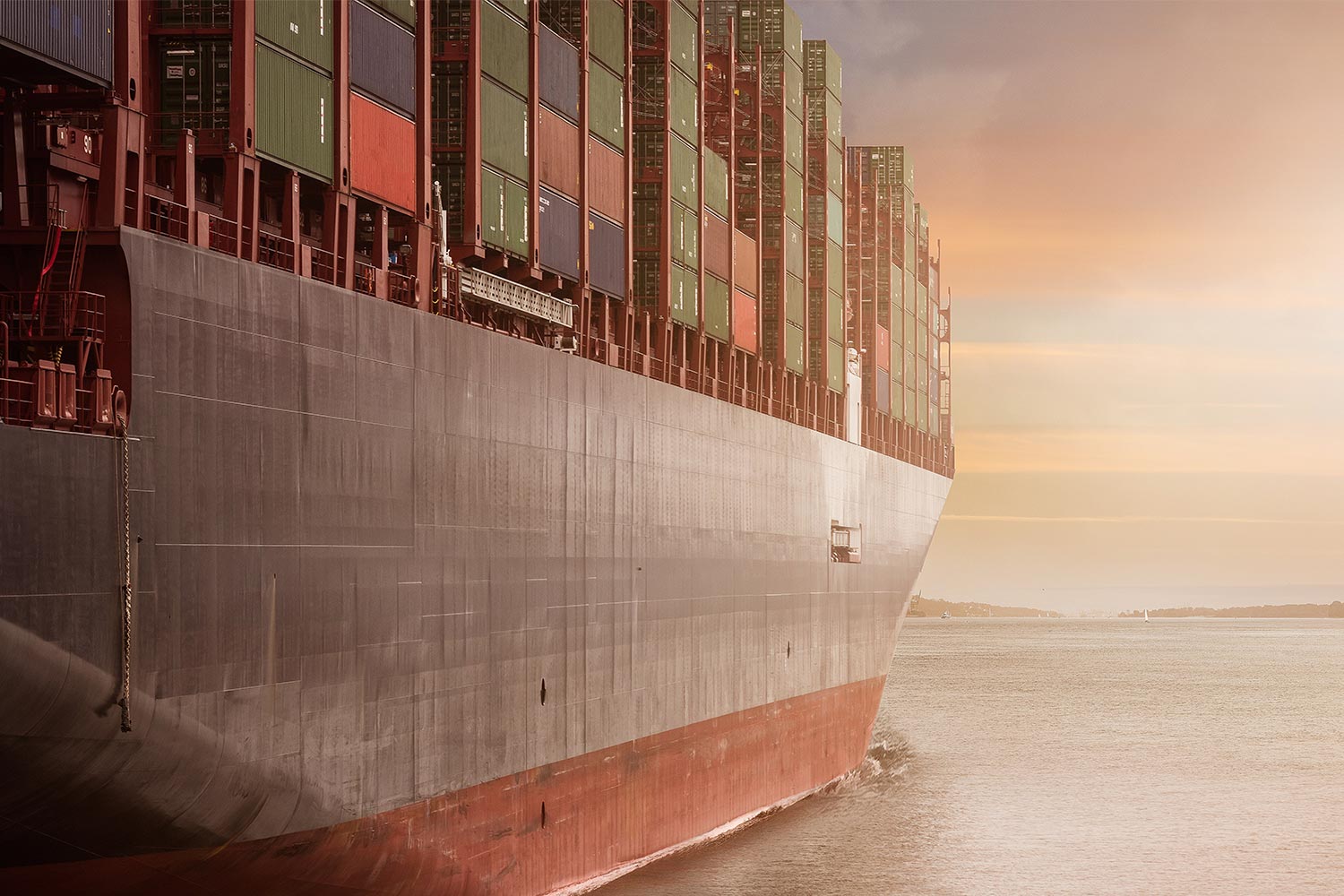The Significance of Know Your Supplier (KYS) in the Textile Industry
“Know Your Supplier” (KYS) is an essential compliance process for ensuring sustainable production. Manufacturers are required to gather as much information as possible about their suppliers and business partners. Only on such a basis can they make well-informed decisions for collaborating with their suppliers, according to this concept. The Rana Plaza in Bangladesh serves as a somber example of what can happen when KYS is neglected.
Rana Plaza: An Overview
Rana Plaza was an eight-story factory complex near the Bangladeshi capital, Dhaka. On April 24, 2013, the building collapsed, resulting in the death of 1,138 people and over 2,000 injuries. It is considered one of the worst disasters in recent times not caused by war or natural disasters. A combination of human failure and negligence led to the collapse.
Involved Companies and Abuses
Rana Plaza housed five textile factories that produced clothing for internationally renowned companies. Despite known deficiencies, many of these companies continued to have their clothing manufactured there. During the cleanup, it was discovered that more companies had connections to Rana Plaza than initially assumed. Some of these companies were identified through clothing items, purchase orders, and labels found in the debris. This raises serious questions about the responsibility and due diligence of international companies.
Identifying victims proved to be challenging, as many had no identification papers or lost them in the rubble. The compensation process was problematic: only those who could prove the death of a family member received support. In the end, $30 million was allocated for compensation.
Working Conditions and Wages
Fair production entails much more than just sustainable raw material sourcing. It must also ensure adequate wages and acceptable working conditions. However, in Rana Plaza, both aspects were insufficient. Most workers earned less than CHF 60 per month, all while working in an environment characterized by unsafe and hazardous conditions. These unsafe conditions, including a lack of fire safety measures, inadequate safety training, and overcrowded workshops, significantly contributed to the tragedy. Even after the devastating collapse, wages remained low and often below the poverty line. The real living conditions of many textile workers in Bangladesh continue to be precarious.
A fair wage is not only ethically essential but also crucial for the economic and social stability of the region. Nevertheless, even nine years after the disaster, the monthly minimum wage stood at just CHF 85. To cover the average cost of living in Bangladesh, a worker would need to earn at least CHF 210 per month. This means that despite international attention and pressure, the compensation and working conditions of employees have only marginally improved.
Legal Proceedings
The legal case is far from closed. A total of 42 individuals were charged with murder, including the building’s owner, Sohel Rana, whom many consider the primary responsible party. The trials were suspended for nearly five years but resumed in the spring of 2022.
Consequences of the Bangladesh Disaster
The Rana Plaza tragedy brought global attention to longstanding issues in Bangladesh’s textile industry. NGOs had already highlighted safety deficiencies that, between 1990 and 2013, had led to thousands of deaths and injuries. The disaster sparked a worldwide debate, leading to improved standards. With the support of the International Labour Organization (ILO), the Bangladeshi government initiated inspections that resulted in the closure of unsafe factories. Despite these improvements, concerns about working conditions persist.

Know Your Supplier (KYS): What It’s About
KYS involves the examination of production standards and the timely detection of violations. These standards encompass environmental sustainability, compensation, human rights, as well as labor and health protection. Equally important is the verification of the business integrity of suppliers to ensure they are not involved in illegal business practices such as money laundering, fraud, or corruption. Particularly for industrial and commercial enterprises that import raw materials and products from abroad, KYS is of high relevance. It enables these companies to protect themselves from allegations of non-compliance with labor conditions or human rights violations.
In recent times, legislators have taken increased measures to strengthen human rights in global supply chains, with the German Federal Government’s Supply Chain Due Diligence Act (SCSG) serving as a clear example. This law applies to companies based in Germany with more than 3,000 employees starting in 2023, and more than 1,000 employees starting in 2024. Affected companies are obligated to fulfill various due diligence duties, including:
- conduct regular risk assessments.
- draft a policy statement on their human rights strategy.
- establish a risk management system with clear responsibilities.
- implement effective preventive measures in their business and with suppliers.
- take corrective actions in case of violations.
- implement a complaint procedure.
- document compliance with due diligence duties and report annually.
A Cross-Border Challenge
Effectively implementing the “Know Your Supplier” (KYS) principle presents a complex challenge. Many companies, driven by global competition and cost efficiency, seek production locations with lower expenses, often located in the Far East. Monitoring working conditions on-site in these locations is more complex than in domestic production facilities. Poor working conditions often remain hidden until they become public, jeopardizing a company’s reputation.
Responsible companies must be familiar with and monitor the standards of their international partners. Compliance leaves no room for negotiations. Even if a business partner in the Far East is digitally active, it does not always guarantee complete transparency. Therefore, compliance with labor standards and their monitoring is a central concern in the ESG management of companies.
Can KYS Prevent a Tragedy Like Rana Plaza?
A definitive answer remains elusive. However, it’s clear that having more compliance-related data from suppliers leads to more informed decisions regarding collaboration. In the case of Rana Plaza, an effective KYS process would have uncovered the safety deficiencies early and thoroughly.
Whether this knowledge would have prevented the tragedy is uncertain. In theory, a responsible company would demand improved working conditions from its suppliers. If the supplier failed to meet these requirements, the company could terminate the business relationship. This might have compelled the building owner, who is now on trial for thousands of counts of murder, to take action, such as inspecting the building’s structural integrity.
Efficiently Monitoring Business Relationships
Companies require high-quality and consistent data to successfully conduct the KYS process. Reliable information about business partners is essential, encompassing both their creditworthiness and overall business integrity, including compliance with standards and laws such as the Supply Chain Due Diligence Act (LkSG).
Pythagoras Solutions offers specialized solutions for detailed information gathering about business partners. Pythagoras Partner Screening enables companies to systematically assess the risks associated with individuals or organizations within their business relationships and continuously monitor identified risks. The system automates regular comparisons with selected external and internal reference data.
This is especially beneficial for companies that maintain international business relationships. In addition to facilitating information acquisition, it is equally relevant to understand a business partner’s connections with local authorities to identify potential corruption risks early. For business relationships in the Asian region, our integrable Native Character Screening also supports non-Latin script characters.
Conclusion
Every business relationship carries risks. In our interconnected world, it is crucial to identify these risks early and monitor them continuously. Moreover, there are ever-increasing compliance requirements, such as the Supply Chain Due Diligence Act (LkSG), which is also relevant to some Swiss companies.
Pythagoras Solutions actively assists companies in meeting KYS standards. These solutions protect against significant errors in decision-making and contribute to making tragedies like that of Rana Plaza a thing of the past.
Stay informed.
We always keep you up to date with news, important information, helpful tips and valuable contributions.

Share this
You May Also Like
These Related Stories

Compliance Fashion Industry -Global fashion supply chain transparency?

Know Your Supplier (KYS): Definition and Significance

